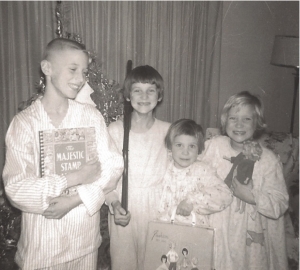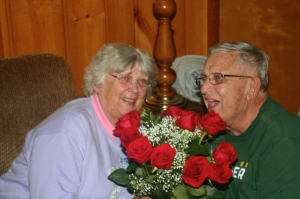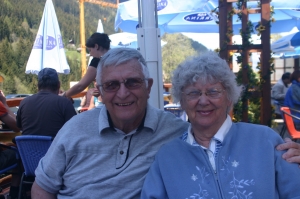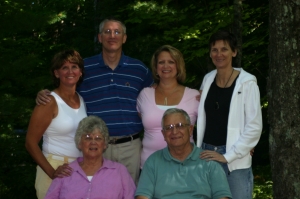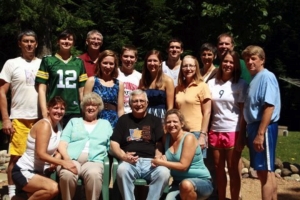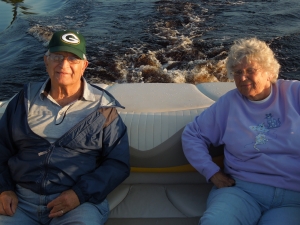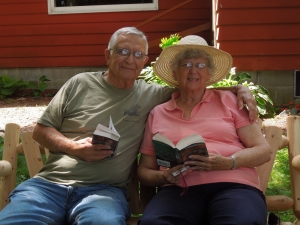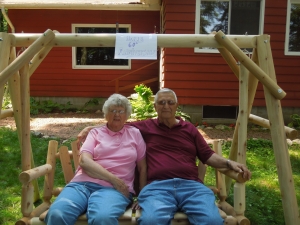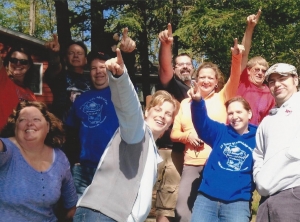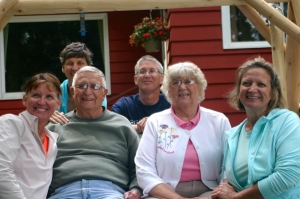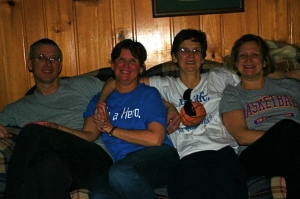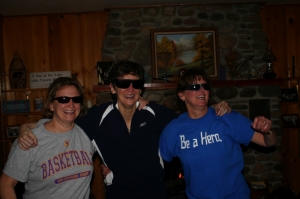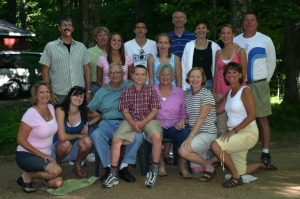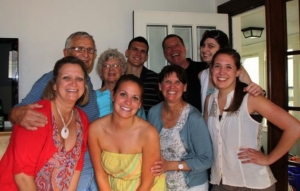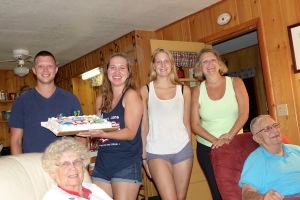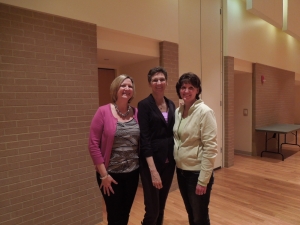 I met my childhood BFF as a 10 year old when our dads, both coaches at Sterling High School, brought us together as honorary junior members of the school’s gymnastic club. So I was the only one not surprised when for her second act 45 years later, that friend became a yoga master.
I met my childhood BFF as a 10 year old when our dads, both coaches at Sterling High School, brought us together as honorary junior members of the school’s gymnastic club. So I was the only one not surprised when for her second act 45 years later, that friend became a yoga master.
In grade school, I envied Peggy because she could do splits while I struggled to bend and touch my toes. I fell on my head one too many times doing back flips. Eventually I switched to basketball, a sport more geared for my long-limb, lanky body type, while Peg went onto become a cheerleader for superstars like her boyfriend, the quarterback, whom she later married.
When she retired after teaching business for 35 years, Peg reinvented herself returning to a childhood love, a sort of gymnastics for adults, becoming a yoga master.
« I practiced yoga for 3 years and loved it and also enjoyed teaching, » she said,
« So soon as I retired, I combined my two passions and headed to California to train with the master. »
Now Bikram certified, she can go anywhere in the world and teach or practice in any Bikram studio.
Bikram Choudhry born in 1944 began practicing yoga at age four, founded Bikram College of Yoga in India from traditional hatha yoga techniques. Practicing the 26 Asanas (postures) helps maintain balance, flexibility and strength and also aids internal organs function. This hot yoga takes place in a room of 35–42 °C (95–108 °F) with a humidity of 40%.
Bikram’s grueling training program included 2 ninety minute yoga workout sessions, along with posture clinics, terminology and dialogue, instruction to correct the poses, as well as anatomy classes and learning about Indian culture. The intense training included sleep deprivation and shouting. Yet despite the rigors, the program attracts devotees from around the globe.
« When I took the 9-week training course, my roommate was from Austria, » Peg told me. « Of the four hundred students attending, 280 were from other parts of the world especially New Zealand and Australia. »
«Peg, I tried yoga, but I am so bad at it. I don’t have a flexible cell in my body, »
« Oh P atty, » she scolded, « Anyone can practice yoga. Go at your own speed. Never compare yourself to others. Leave your ego at the door. Most accidents in sport are ego driven. »
atty, » she scolded, « Anyone can practice yoga. Go at your own speed. Never compare yourself to others. Leave your ego at the door. Most accidents in sport are ego driven. »
« Age doesn’t matter either, » she explained. « At school, the youngest student was 19; the oldest was in her sixties. Trainees were all shapes, sizes, ages and nationalities and about 60% women and 40% men. »
Now in her early sixties, Peggy leads an adventuresome life traveling cross country in their 5 wheeler from home base in the Chicago suburbs and spending 3 months in Naples, Florida where she teaches on a as needed basis. She has practiced her art in Singapore, Toronto and across the US.
During our lunch at a pizza place, I asked her to show me a position. She hopped up from the booth, squatted next to the table and balanced tiptoe on one leg, crossed her other leg at the knee and then bent to a crouch folding her hands in prayer position.
When I applauded, she laughed and said, « Oh Patty, that is nothing. Bikram does this pose and then hops around on one foot. »
 In theory, practicing the 26 postures restores health and keeps one in balance. It must work because my dear old childhood friend looks half her age and doesn’t take any medication.
In theory, practicing the 26 postures restores health and keeps one in balance. It must work because my dear old childhood friend looks half her age and doesn’t take any medication.
In Geneva years ago, I learned a beginner form of vinyasa yoga from my friend Rachael, a dance specialist, before she moved to Australia.
Recently, my daughter had me try on-line yoga instructions with Adriene.
Even though I am no closer to doing the splits than I was 50 years ago, Peggy inspired me to stick with a short daily workout.
Plus I added a new goal to my bucket list – Attend a hot yoga class led by my inspirational Bikram master buddy.




